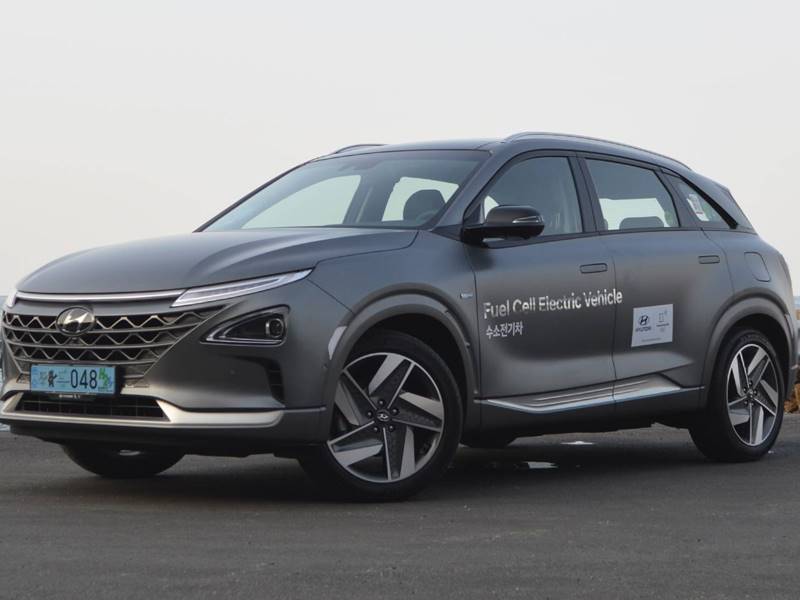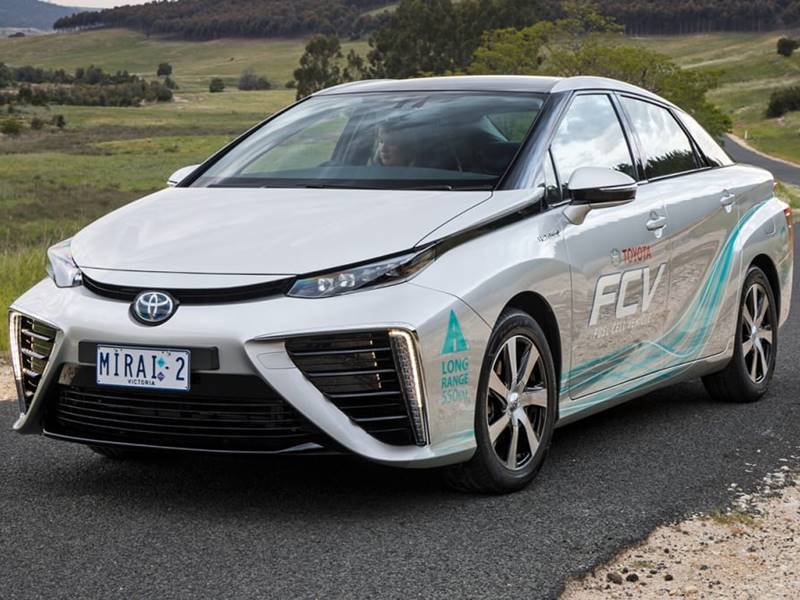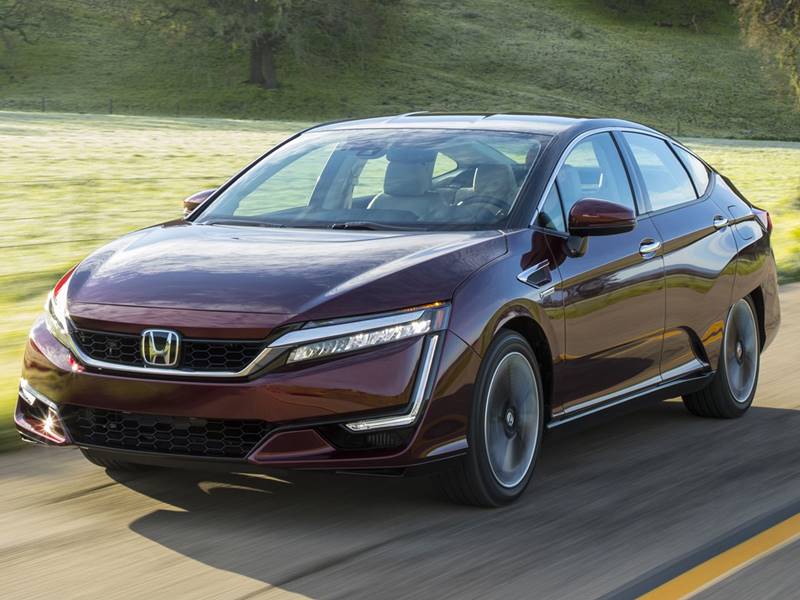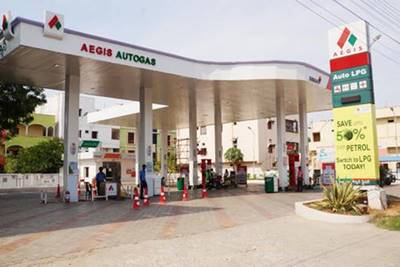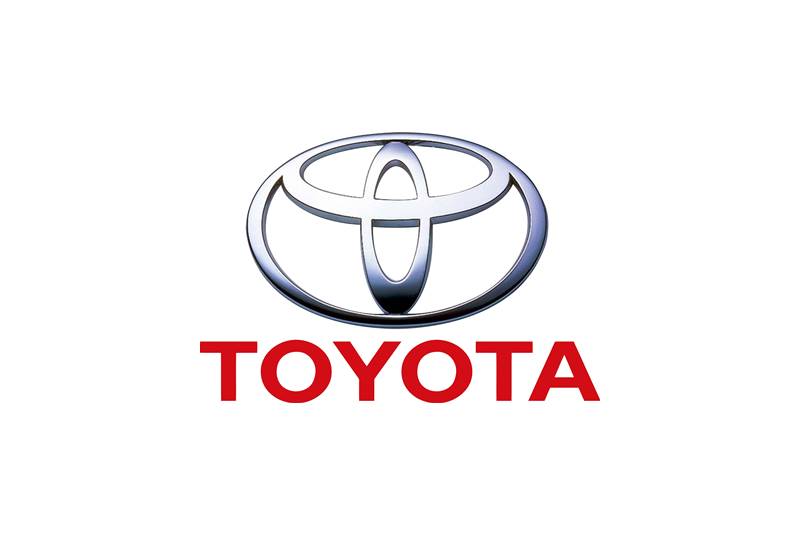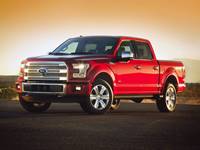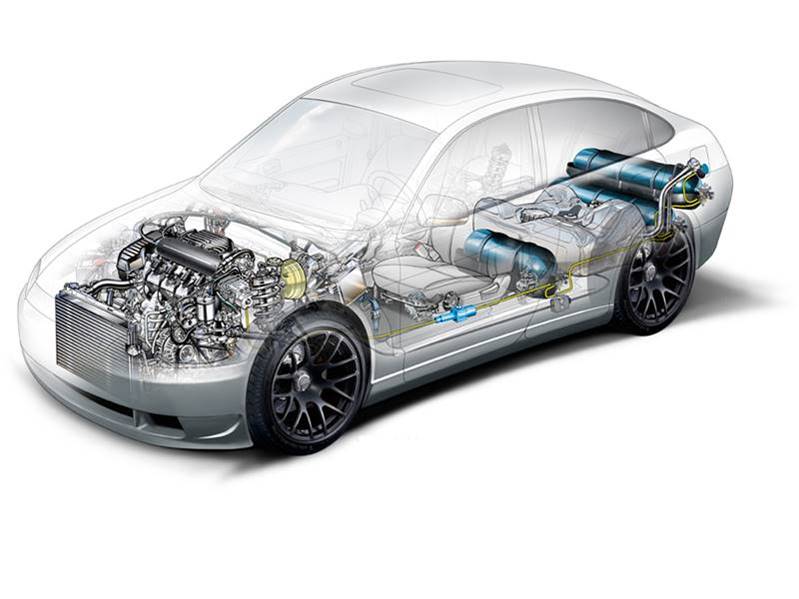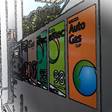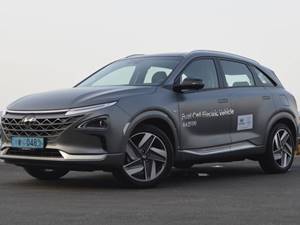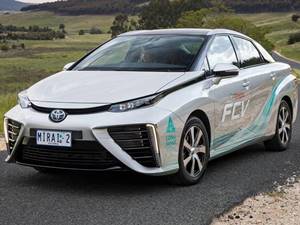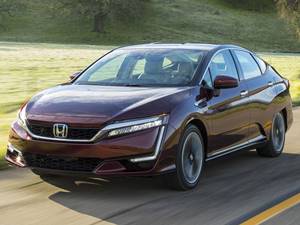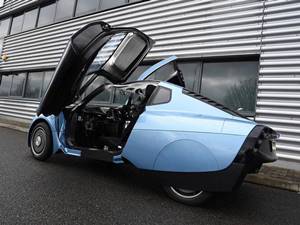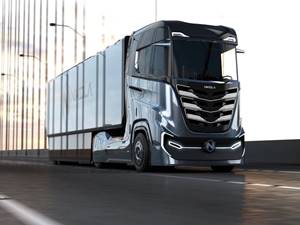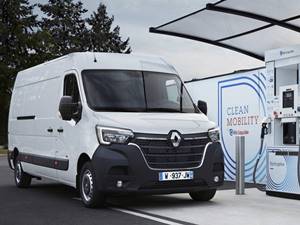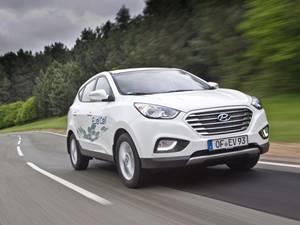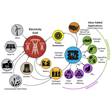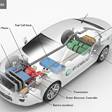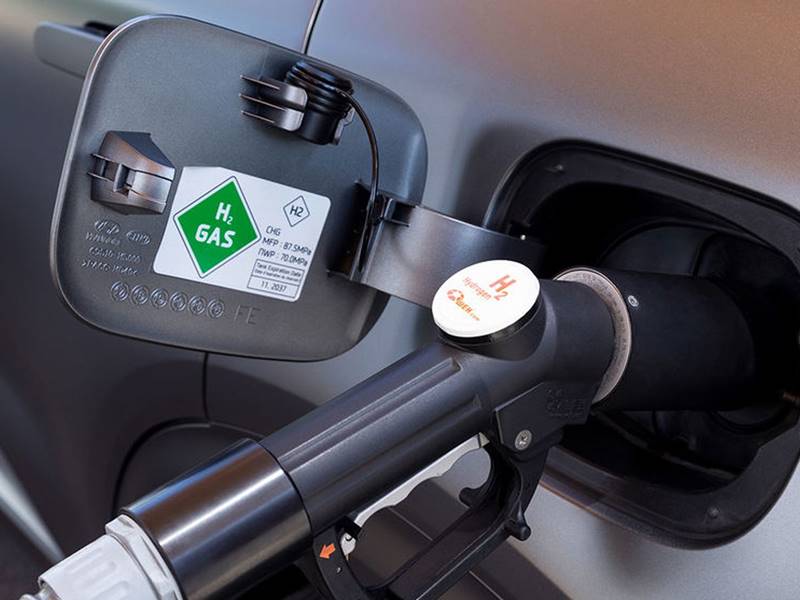new Hydrogen cars in united-states in

In the transportation sector, hydrogen-powered FCEVs, also called fuel-cell cars, could complement BEVs to achieve a deep decarbonization of all transportation segments. FCEVs are best suited for applications with long-range requirements, heavier payloads, and a high need for flexibility. Decarbonizing these segments is particularly important as they consume a large share of total energy – while trucks and buses would account for only 5% of all FCEVs in 2050, they could achieve more than 30% of hydrogen’s total CO2 abatement potential in the transport sector.
Hydrogen can already lower the total cost of ownership of trains and forklifts, and we expect all transportation segments to be within a 10% range by 2030. These cost reductions require a significant scale-up of manufacturing capacities. If realized, FCEVs would have lower investment costs than BEVs in long-range segments, with much shorter refueling times. Environmentally, FCEVs produce 20 to 30% less emissions than conventional cars even when hydrogen is produced from natural gas without carbon capture; with renewable and clean hydrogen, FCEVs emit very little CO2 and require less resources and energy in the manufacturing process than BEVs.
FCEV buses, medium-sized cars, and forklifts are commercially available today. The next five years will see the introduction of more models in medium-sized and large cars, buses, trucks, vans, and trains, and it is likely that additional segments such as smaller cars and minibuses will follow until 2030
Significant cost reductions have already been achieved in some areas; the cost of refueling stations and fuel cell stack production have been cut in half in the last ten years, for example. We expect major reductions in the coming years from scaling up manufacturing to industrial levels. Further cost reductions are also necessary to bring down the cost of hydrogen itself. These are possible through cost reductions in the hydrogen production and renewable power generation for electrolysis.
By 2030, 1 in 12 cars sold in California, Germany, Japan, and South Korea could be powered by hydrogen, more than 350,000 hydrogen trucks could be transporting goods, and thousands of trains and passenger ships could be transporting people without carbon and local emissions. Beyond 2030, hydrogen will increasingly be used to create renewable synthetic fuels to decarbonize commercial aviation and freight shipping, which are harder to decarbonize using pure hydrogen and fuel cells.

